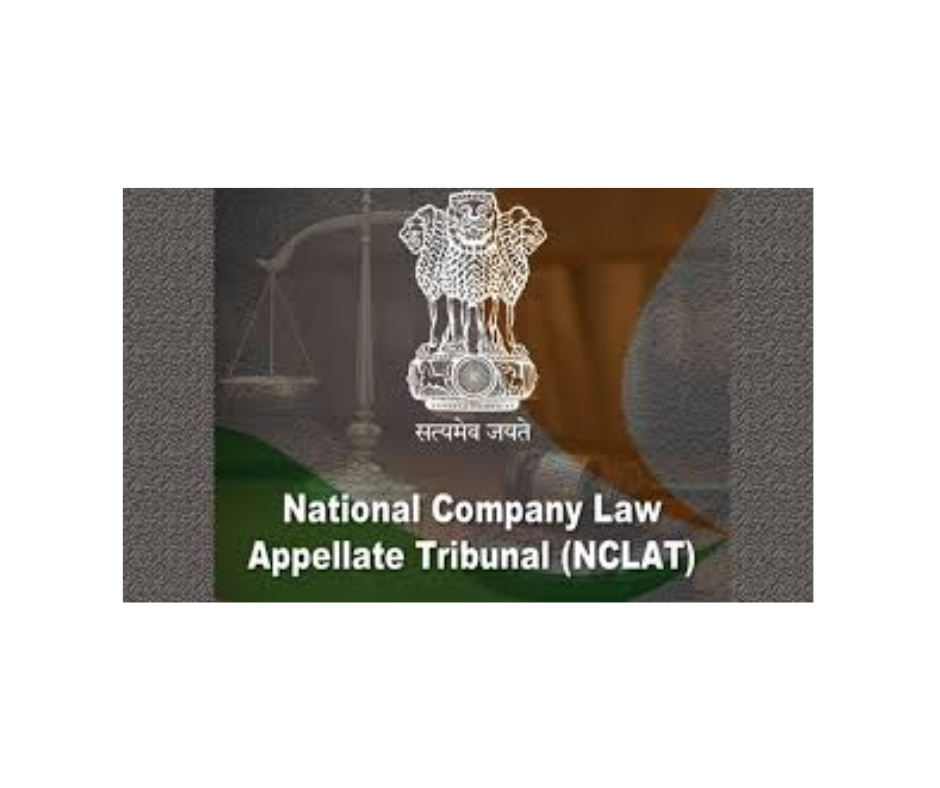Are LLP regulated?
Are LLP regulated Limited Liability Partnerships (LLPs) have gained popularity among entrepreneurs and professionals for their unique blend of flexibility and protection. However, a common question arises: Are LLPs regulated? Understanding LLPs An LLP is a business structure that allows partners to manage the business while enjoying limited liability protection. This means that individual partners… Read More »








